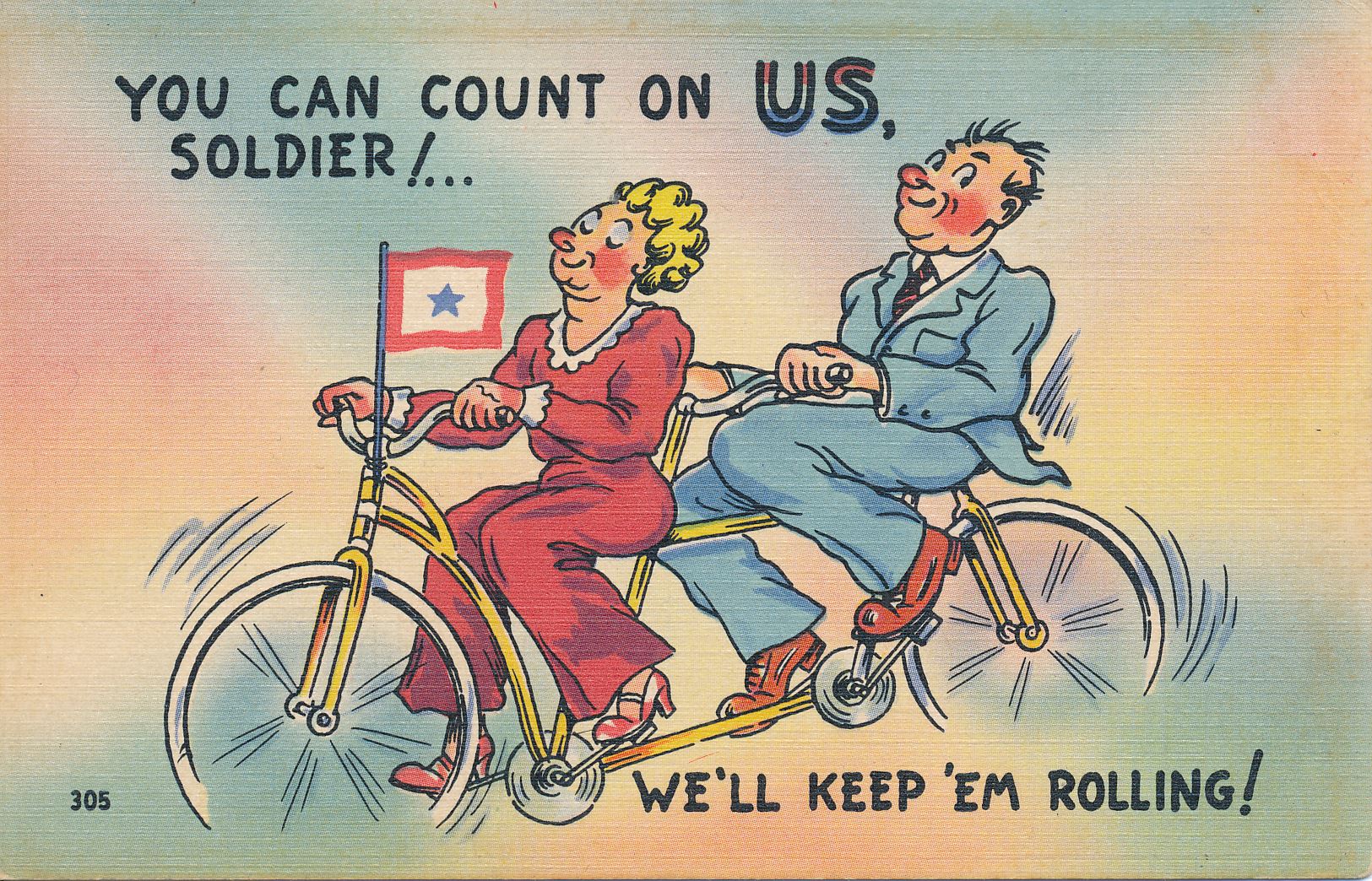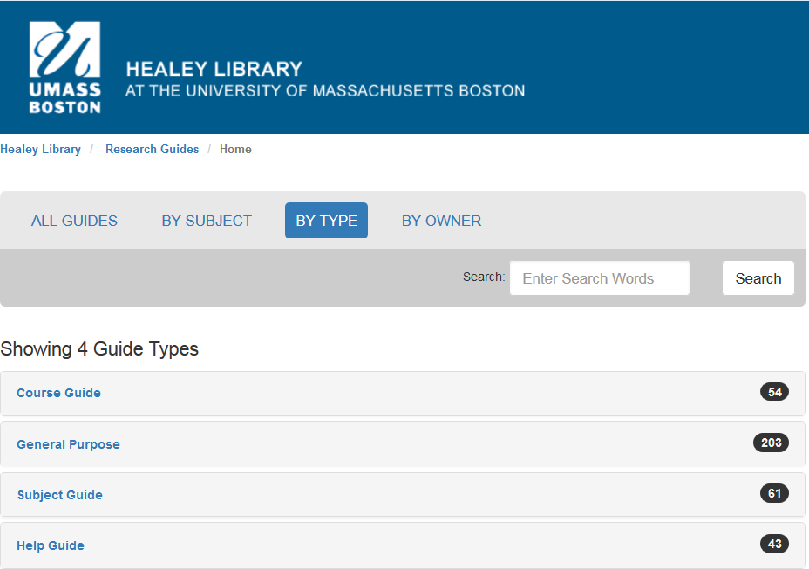The World Bank eLibrary is an online, fully searchable portal of over 5,000 World Bank documents. The collection consists of over 2,000 World Bank publications and over 3,200 Policy Research Working Papers.
World Bank eLibrary has introduced a new easy to navigate platform that includes multiple ways to search for information by Regions, Topic pages, Collections and Data.
- The Regions tab allows for browsing the content by region, country or economies.
- The Topics tab covers topics such as agriculture, gender and water resources. The pages include links to data, World Bank website, blog, e-books and relevant chapters.
- The Collections tab includes: e-books, journals, working papers, technical and discussion papers.
The new features include increased options in accessing e-books and an easy search for data sets. Data can be searched by region, economies and indicators.
The new platform includes over 2,900 e-book titles, with new titles being added as they become available. A new feature for users includes the ability to access the e-book without having to download the title. This new feature includes the ability to enlarge tables and figures for easier viewing, and to scroll through all figures and tables within the chapter.
Additionally, now users of the platform can search Data Sets from the World Bank Open Data: World Development Indicators Catalog without having to leave eLibrary. The data sets are available for download as CSV files. Approximately 50 of the most popular indicators for each country and region from World Development Indicators have also been added.
World Bank eLibrary Highlights and Features:
Also available through Healey Library are World Bank’s open access data and economic indicators:
- World Bank Open Data: World Development Indicators: The Data Catalog provides download access to over 2,000 indicators from World Bank data sources.
- World Bank: Global Economic Monitor: The Global Economic Monitor (GEM) is produced by the World Bank’s Prospects Group (DECPG) of the Development Economics Vice-Presidency. GEM provides daily updates of global economic developments, with coverage of high income- as well as developing countries.
Additional information:








